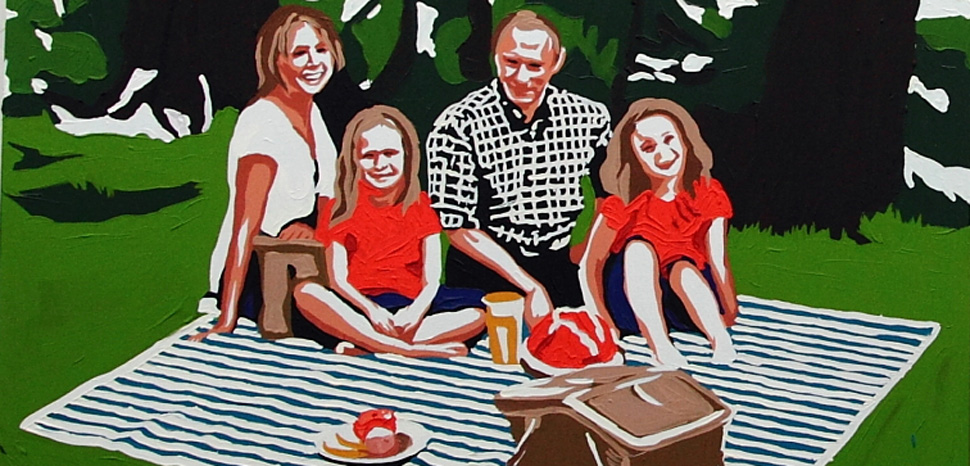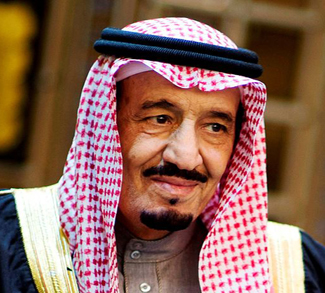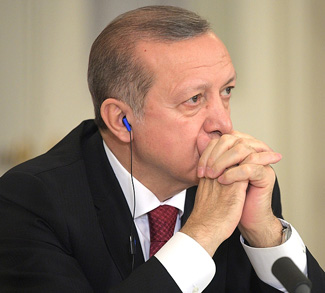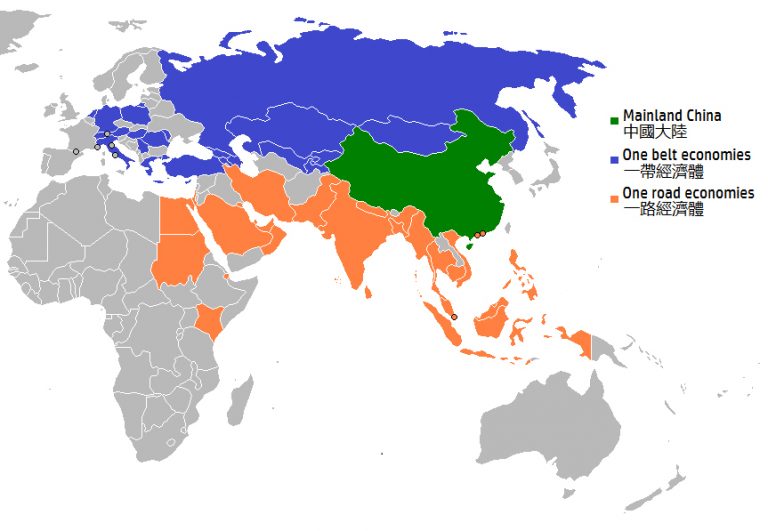Summary
On March 18 Russians will head to the polls to presumably reelect the 65-year-old bête noire of the West Vladimir Putin in what will be his fourth presidential term of office. Putin, who rose to national prominence at the end of the Yeltsin administration, was first elected president in 2000. This time around the former KGB officer looks on course to win more than 70 percent of the vote according to the German newspaper Deutsche Welle. Meanwhile the US NGO Freedom House gives Putin’s regime a 6.5/7 rating, putting it near the bottom of the ‘least free’ states worldwide.
While Putin’s victory seems assured ahead of upcoming Russian elections, his system of ‘managed democracy’ is showing strain in its struggle to maintain a balance between neutralizing genuine political threats and maintaining an illusion that there is a real choice available at the ballot box. In fact, the present election process could be better read as a national referendum on Putin himself. There is no functional multi-party democracy to speak of; rather, voters are being asked to legitimize another six years of Putin’s (admittedly still-popular) rule, and in doing so legitimize autocracy at the highest levels of Russian politics via seal of national approval by plebiscite.
Obviously, failing to achieve this result would be seen as a stunning defeat by the Kremlin and a dire warning that, despite its best efforts, Russians are starting to tire the Putin regime. This is unlikely to happen however, so the real question becomes: What’s next for Russia’s political system?




